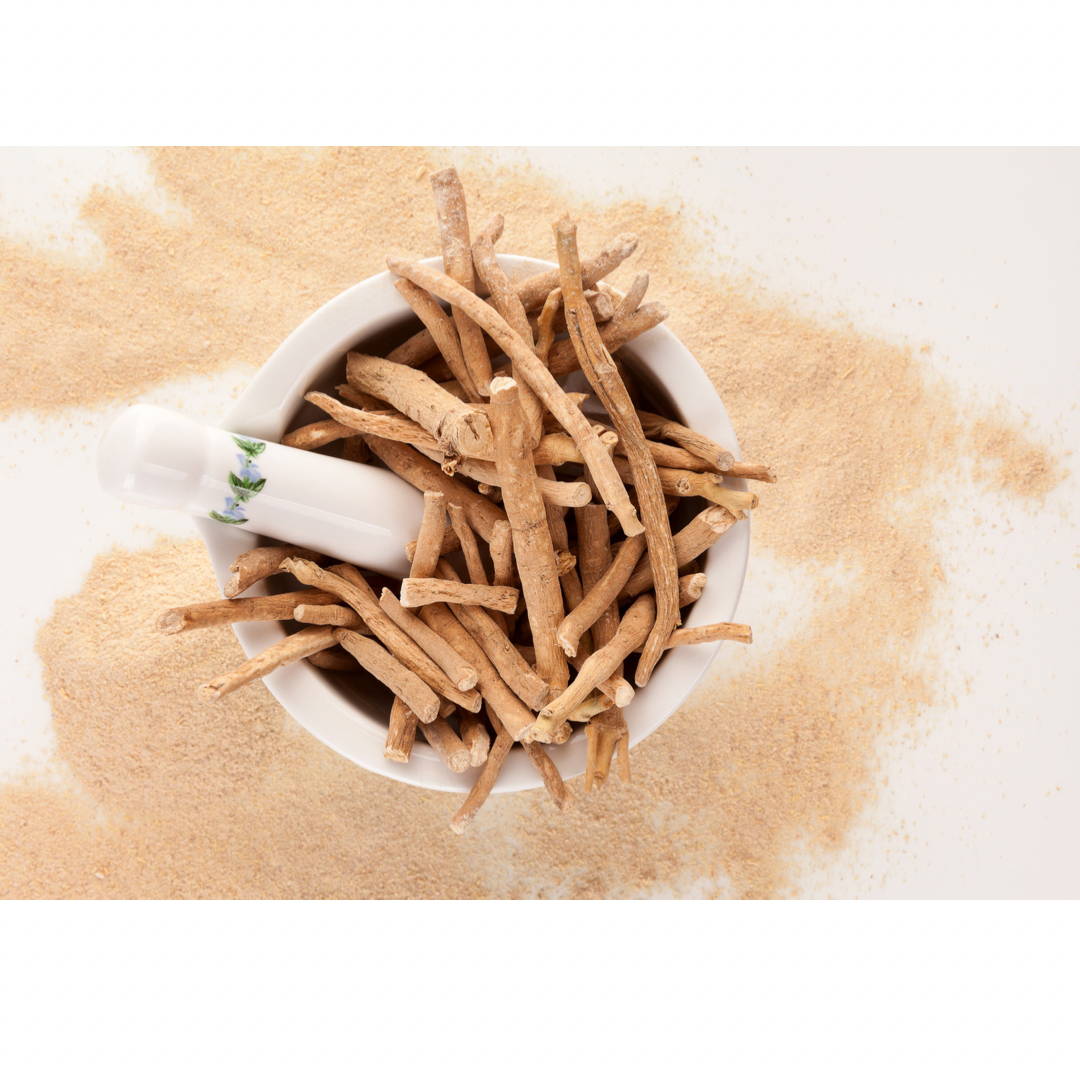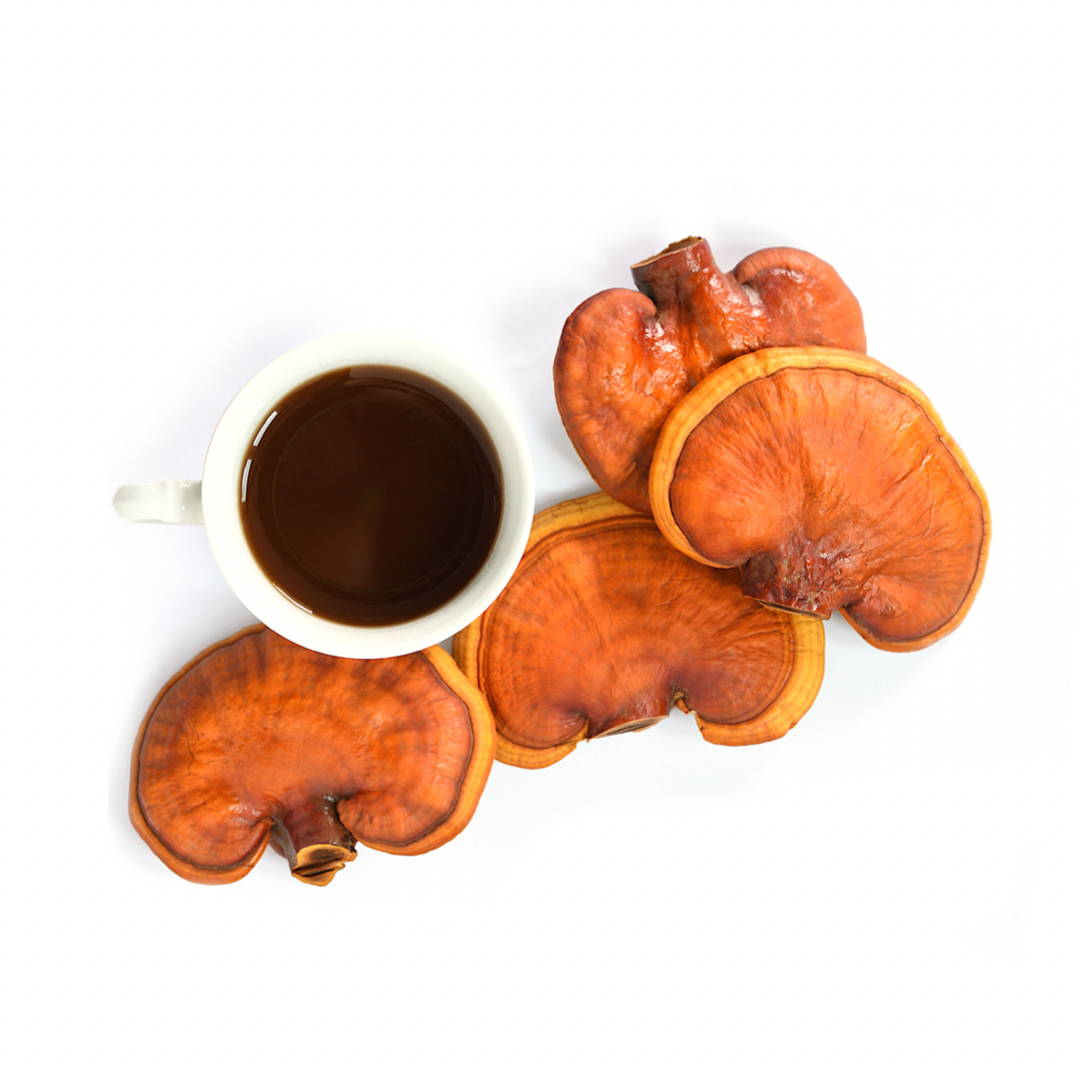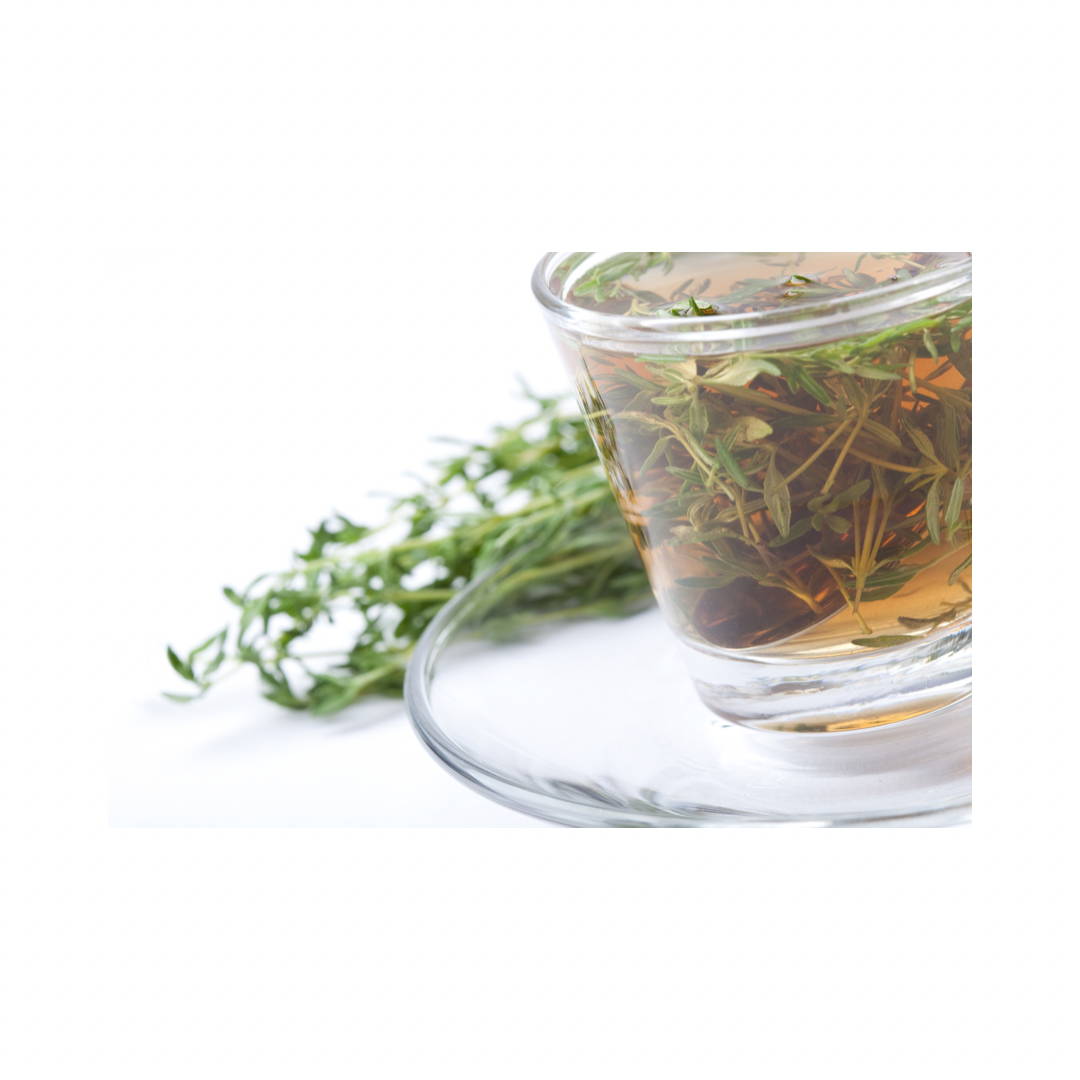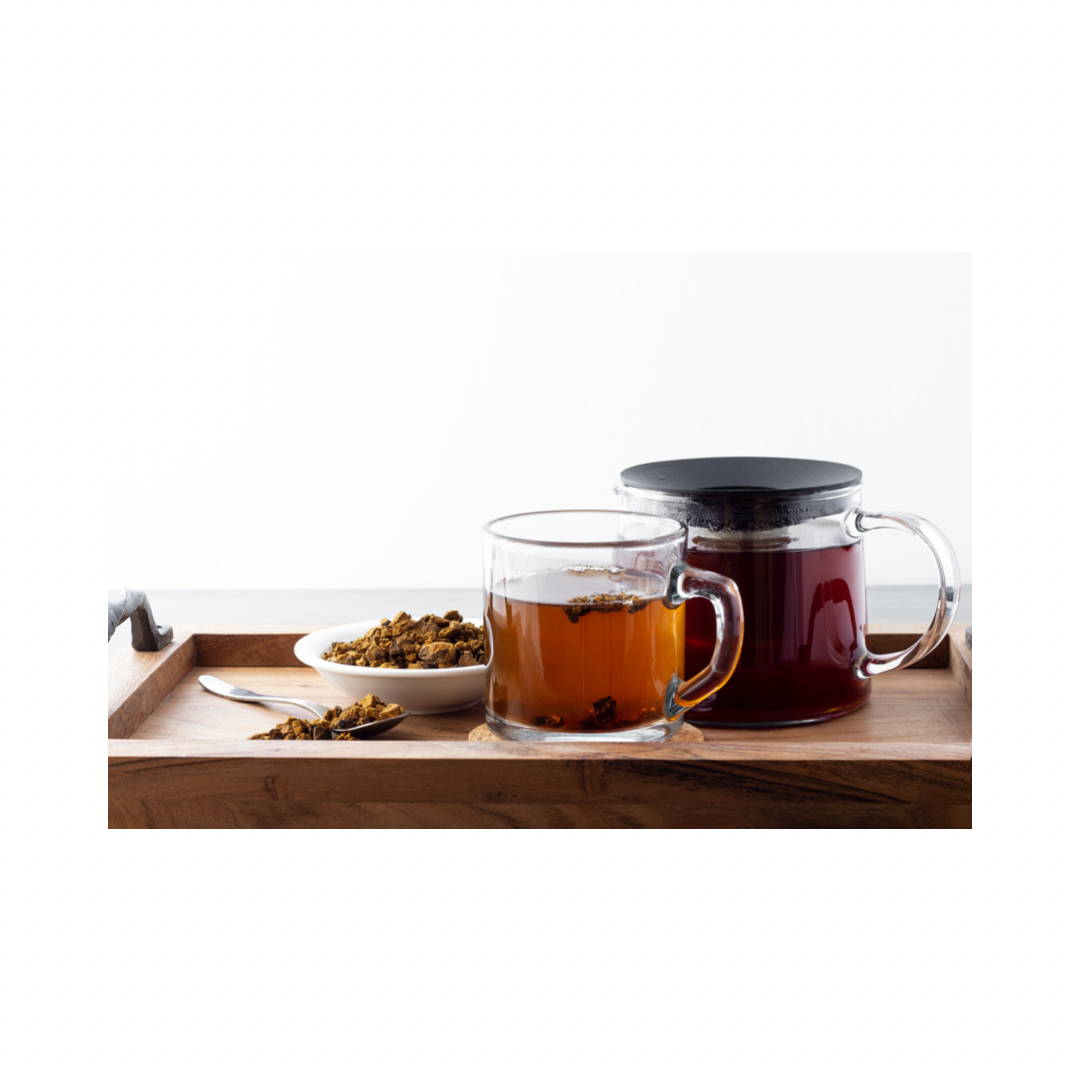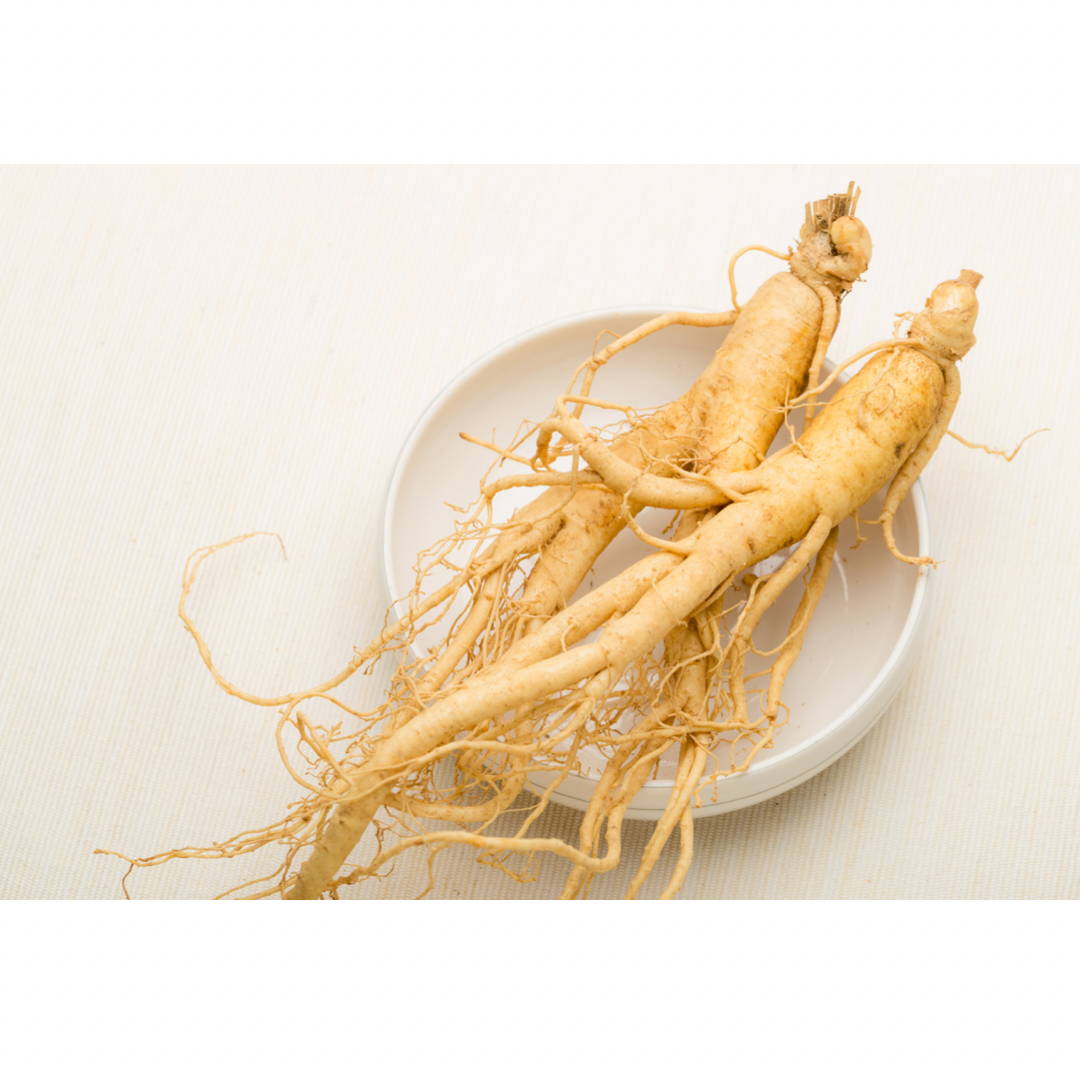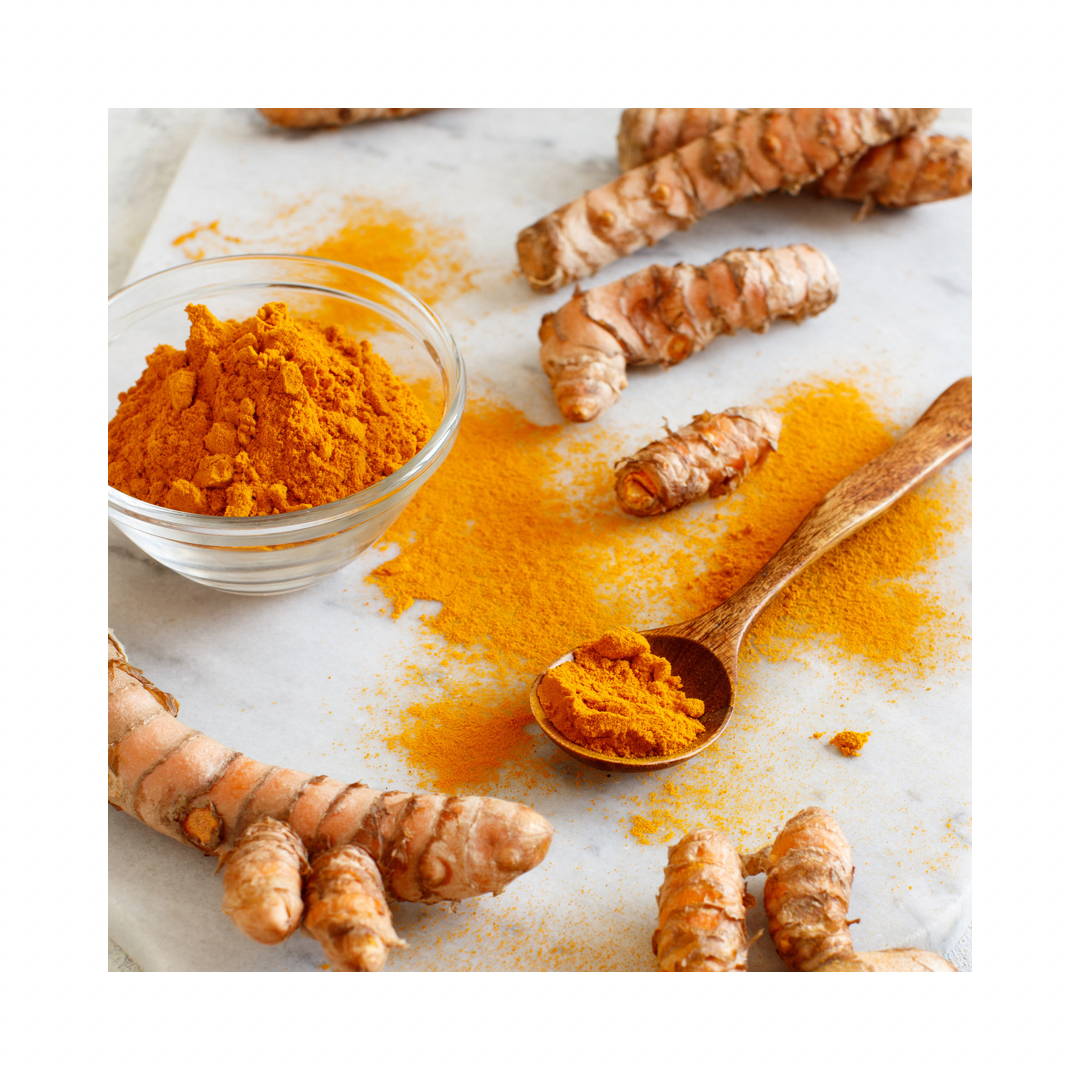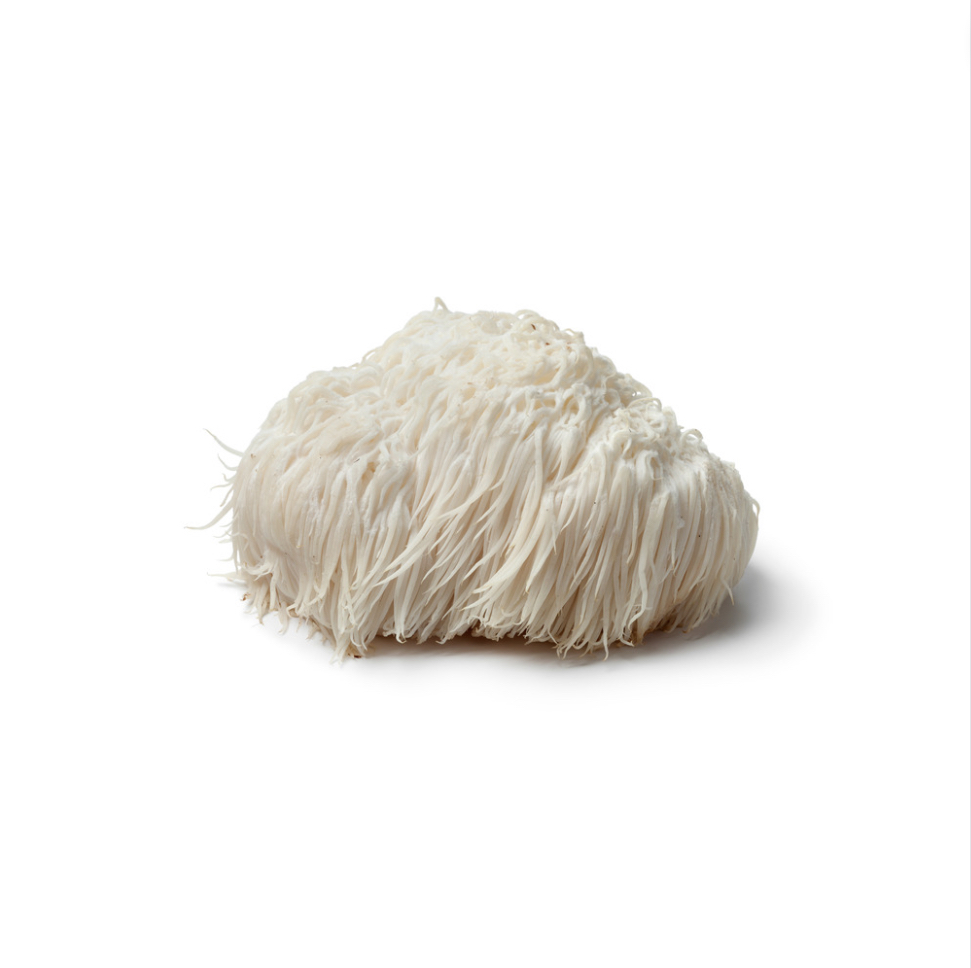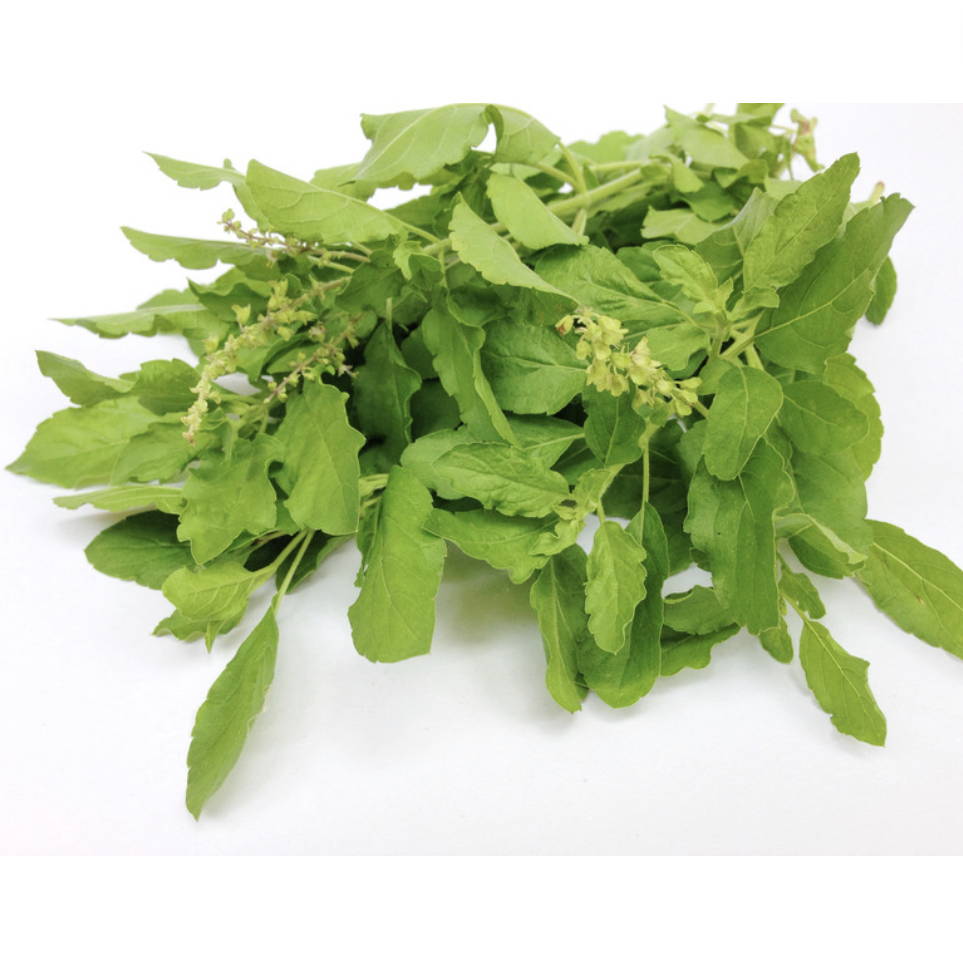Adaptogens 101: Your Guide to Nature's Pharmacy
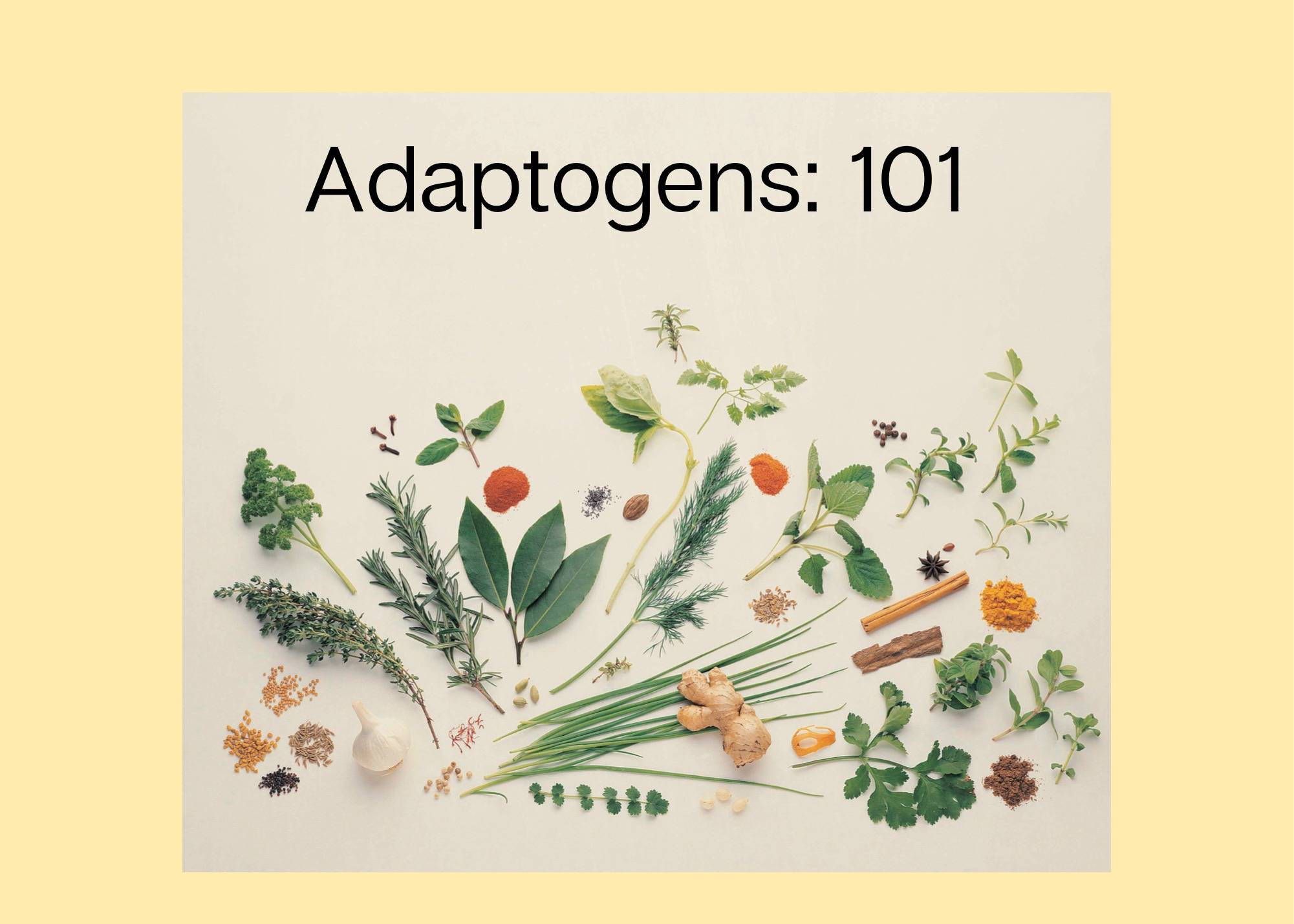
What are adaptogens?
In recent years, the term "adaptogens" has become increasingly popular in the world of wellness and health. From herbal supplements to skincare products, adaptogens seem to be everywhere. But what exactly are adaptogens, and why do you need them? In this blog, we will dive into the world of adaptogens, exploring what they are, how they work, and the benefits they offer. We will also provide practical tips on how to use adaptogens in your daily routine and introduce some of the most popular adaptogenic plants and herbs. Whether you're looking to manage stress, boost your energy levels, or improve your immune function, this guide to adaptogens will give you everything you need to know to get started.
Brief history of adaptogens
The usage of adaptogens dates back to 3000 BCE in both Traditional Chinese Medicine and the beginnings of Ayurveda in India. Adaptogens are not some new-age health bandwagon; they have been used for centuries as a way to increase energy and improve overall health. At one point in time adaptogens were only made available to Chinese royalty .These special herbs have a long history of use and application. Let’s get into how adaptogens actually work in our systems.

How do adaptogens work?
Adaptogens are a class of natural substances that are used to improve the body's ability to adapt to stress and maintain balance. They are typically plant-based and are known for their ability to help the body cope with physical, emotional, and environmental stressors. Adaptogens work by supporting the body's stress response system and regulating the levels of stress hormones such as cortisol. Unlike other substances that may provide a short-term boost of energy or focus, adaptogens work over time to restore balance and promote overall wellness. Adaptogens are generally considered safe and non-toxic, with minimal side effects. They are also known for their ability to work with the body holistically, rather than targeting specific symptoms or conditions.
A study done from the National Library of Medicine found that adaptogens have not only specific therapeutic effects in some stress-induced and stress-related disorders, but will also have an impact on the quality of life of patients when implemented as adjuvants in the standard therapy of many chronic diseases and pathological conditions (e.g., post-surgery recovery, asthenia, congestive heart failure, chronic obstructive pulmonary disease).
Turmeric Benefits
Works to reduce inflammation
May reduce symptoms of depression
May prevent alzheimer's disease
Holy Basil (Tulsi) Benefits
- Can help protect against infections
May ease joint pain
- Protects stomach from symptoms of stress
Licorice Root Benefits
Aids in gut health
Anti-viral and antibacterial properties
May aid negative menopausal symptoms
How to consume adaptogens and incorporate them into your routine
There are several ways to consume adaptogens, including as supplements, powders, teas, and tinctures. When starting with adaptogens, it's important to follow dosage guidelines and consult with a healthcare practitioner, especially if you have underlying medical conditions or take medications. While adaptogens are generally considered safe, some may interact with certain medications or cause adverse effects if consumed in large amounts.
To incorporate adaptogens into your daily routine, consider adding them to your morning smoothie or coffee, or brewing them into a tea. Some adaptogens, like Ashwagandha, are also available in capsule form for convenience. It's important to note that the effects of adaptogens may take time to be felt, so it's recommended to use them consistently over a period of weeks or months to experience their full benefits. With the right guidance and a bit of experimentation, adaptogens can be a valuable addition to your wellness routine.
Conclusion
In conclusion, adaptogens are a natural and effective way to support the body's ability to cope with stress and promote overall wellness. With a variety of plant-based options available, adaptogens can be easily incorporated into one's daily routine through supplements, powders, teas, and tinctures. When using adaptogens, it's important to follow dosage guidelines and consult with a healthcare practitioner, especially if you have underlying medical conditions or take medications. While research on adaptogens is ongoing, studies have shown promising results in their ability to reduce stress, improve cognitive function, and enhance physical performance. With their holistic approach to wellness, adaptogens are a valuable tool for anyone looking to support their body and mind in today's fast-paced world.
Cordyceps: A powerful adaptogen you can try today!
Sources:
Chandrasekhar, K., Kapoor, J., & Anishetty, S. (2012). A prospective, randomized double-blind, placebo-controlled study of safety and efficacy of a high-concentration full-spectrum extract of ashwagandha root in reducing stress and anxiety in adults. Indian journal of psychological medicine, 34(3), 255-262. doi: 10.4103/0253-7176.106022.


